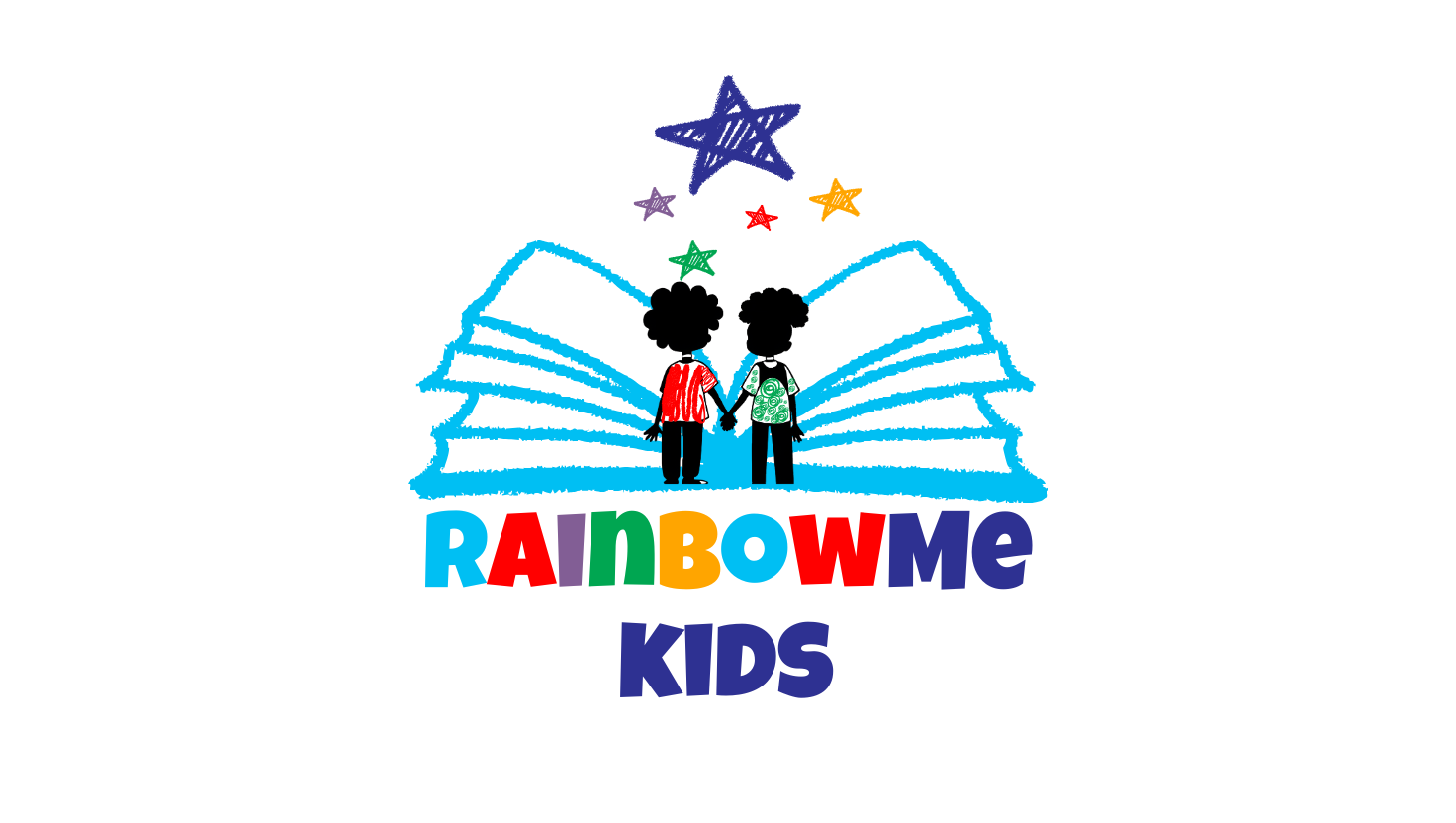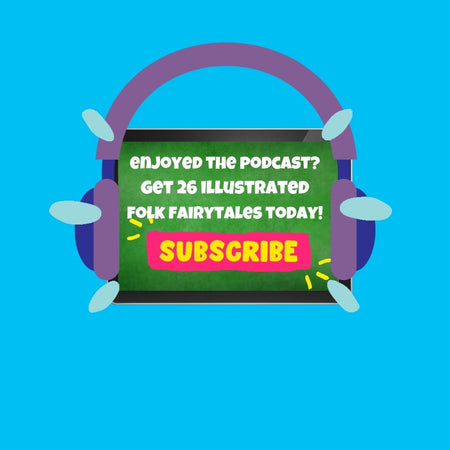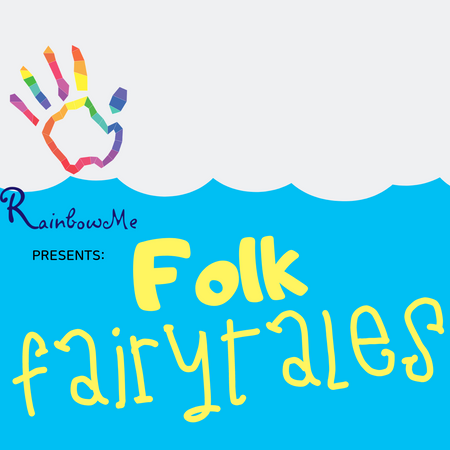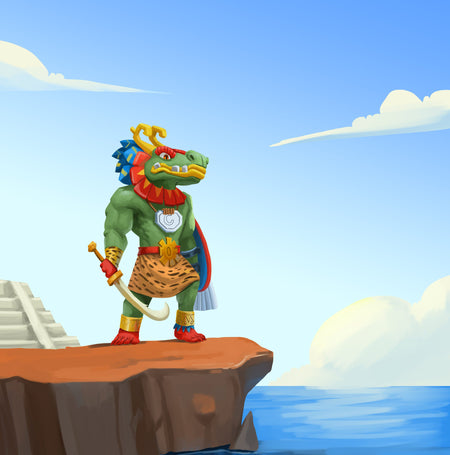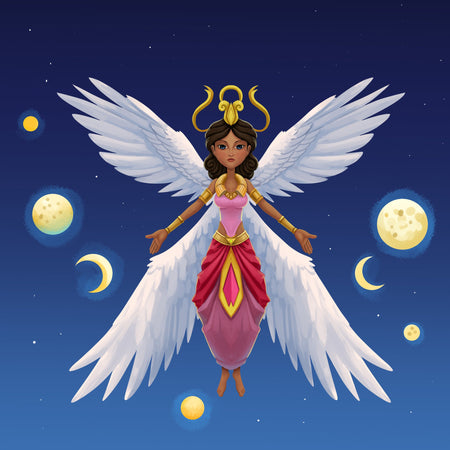November is Native American Heritage Month. We of course have to celebrate RainbowMe style! Check out some great children's books that feature Native American main characters. These stories are so cool, they include getting rid of nightmares with a dreamcatcher, and everything that goes into a name in one of the many Native American Tribes. Check them out in the video below. So what DOES go into choosing a name for some of the many Native American tribes? From (http://sweetgrasstraditions.tripod.com/customs.html)
Hopi and Miwok Tribe:
Native American naming traditions, vary greatly from tribe to tribe and are frequently determined by nature, animals, character, etc. This is evident in the Miwok tribe’s custom of using water names. Names are often chosen by the way the stream flowed when a baby was born. The Southwest Hopis have a mystic tradition of placing an ear of corn,representing Mother Earth, close to a newborn baby. Twenty days after the birth of a baby, corn is rubbed over it's body while the baby, held to face the rising sun, is named when the first ray of sun hits it's forehead.

The Hopi Tribe
Navajo and Salish Tribe:
The Navajos give great powers to their names. A Navajo name is deemed so precious that it is only used during ceremonies, meaning a day-to-day conversation in a Navajo family may go something like “Mother, go get Son.” The Salish tribe follows a “naming trail” in which the name given to a baby by his parents at birth (usually a virtue or trait the parents hope for the baby) is eventually replaced during adolescence with another name. The new name is given by the tribal leader at a ceremony called the Jump Dances. This name normally signifies a gift or strength for which the child is known. Similiarly, as an adult, another name might be granted, but this name would reflect expectations or something for the person to live up to.

Navajo Tribe
Sioux Tribe:
Traditionally without family names, the Sioux (Lakota, Nakota and Dakota) have a complicated naming system with six classes of names: birth order, honor , special deed, nicknames, secret and spirit names. The first name was given based on the gender and birth position of the child, and a person could have several names during his lifetime. Names were adapted to the individual at the time they were given to them. For example, it is said that Chief Sitting Bull was called “Jumping Badger” as a boy, but also nicknamed “Slow” because he took extra time to do things. It is common practice today to use kinship terms, such as uncle or grandfather, for people who are not related to show respect.

Cherokee Tribe:
Among the Cherokees, many did not take a surname until around the time of the Civil War. If they served during that war the army required two names and either "gave" them an anglicized name or they picked one. In summary, Native American naming customs cover a wide range of traditions and vary from Nation to Nation and this holds true in modern times as well as in days gone by.
